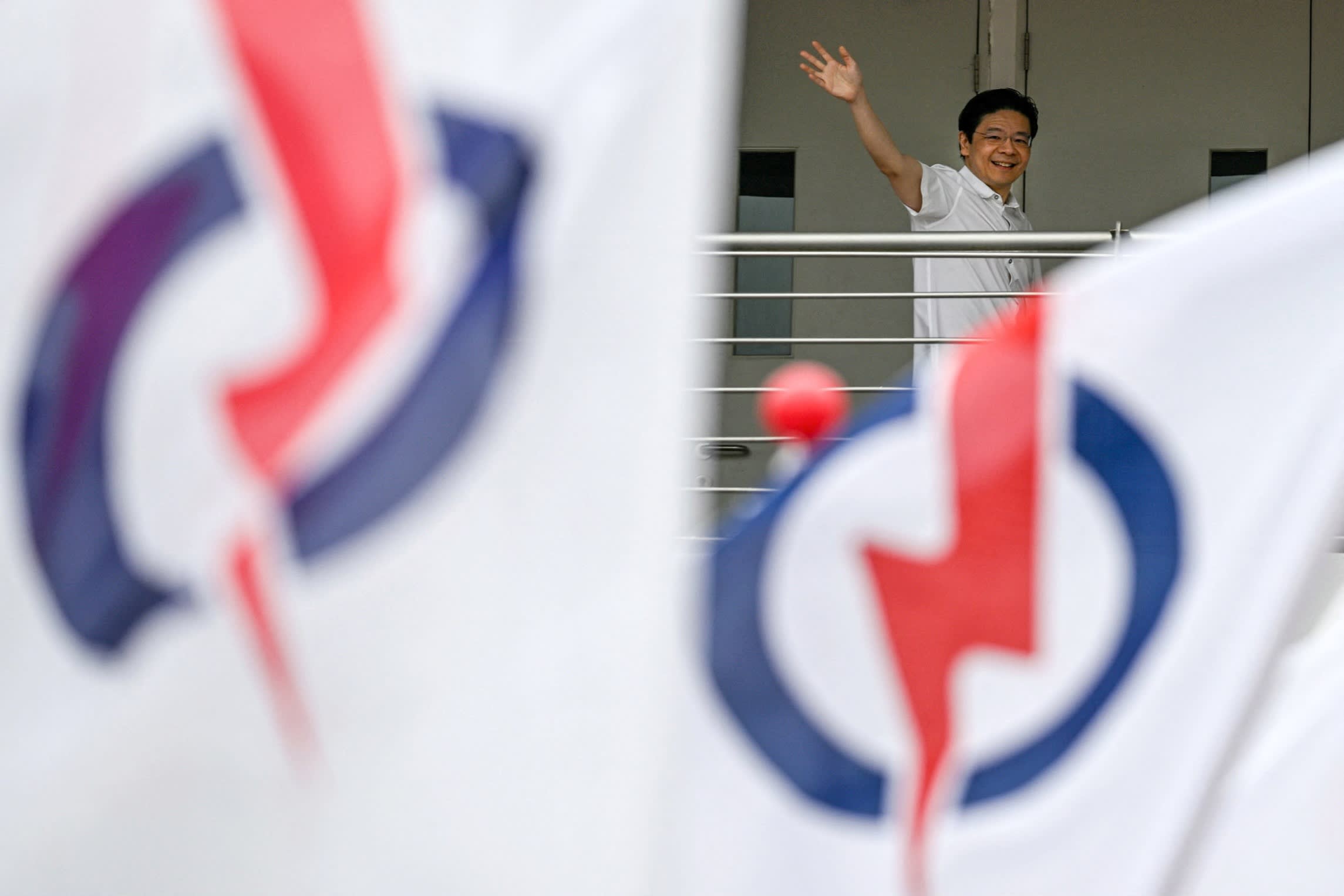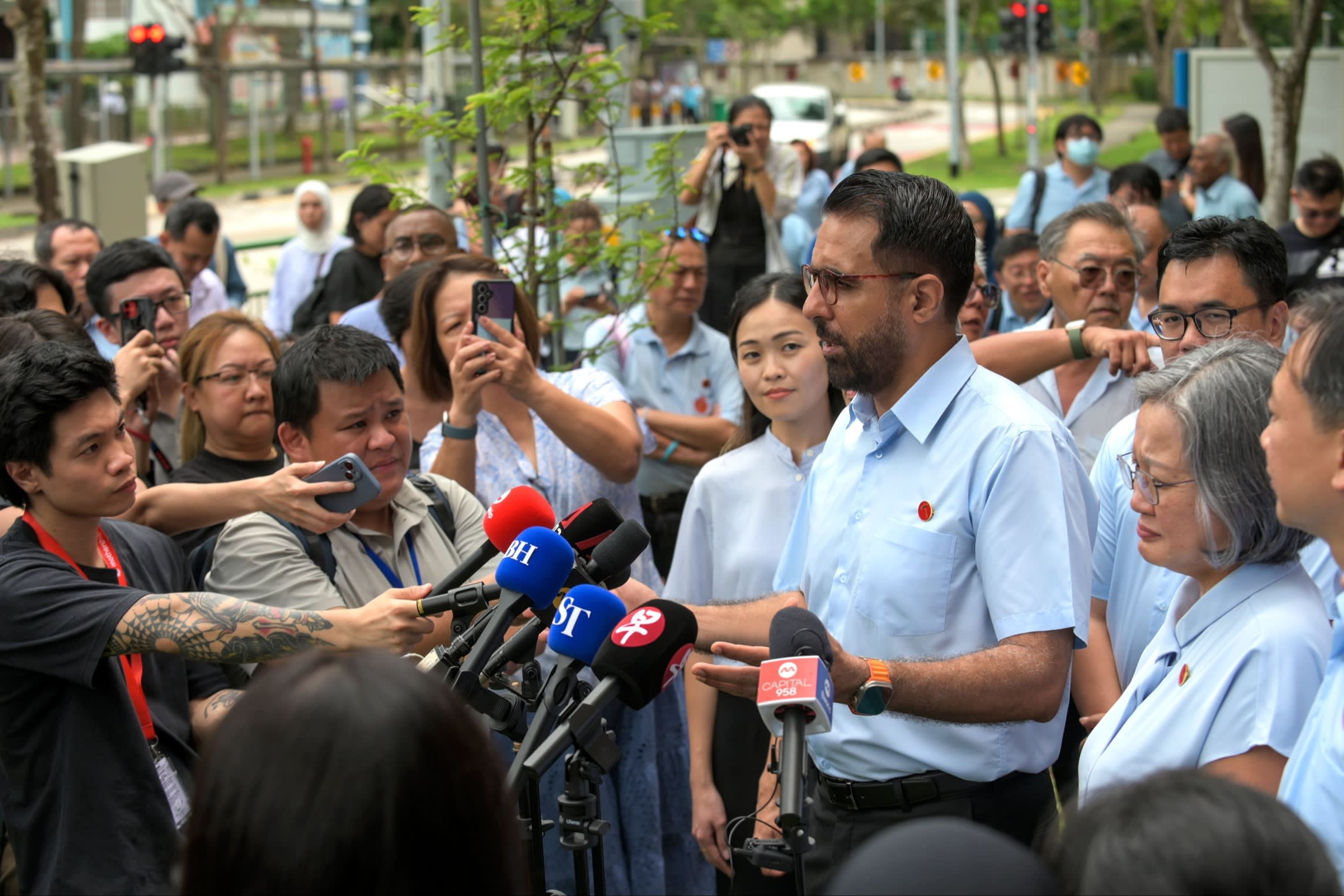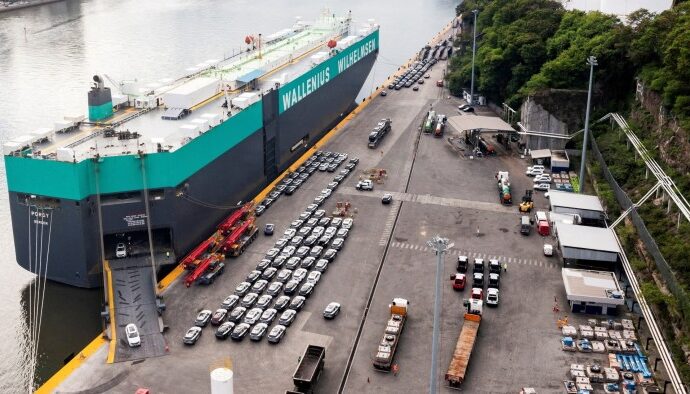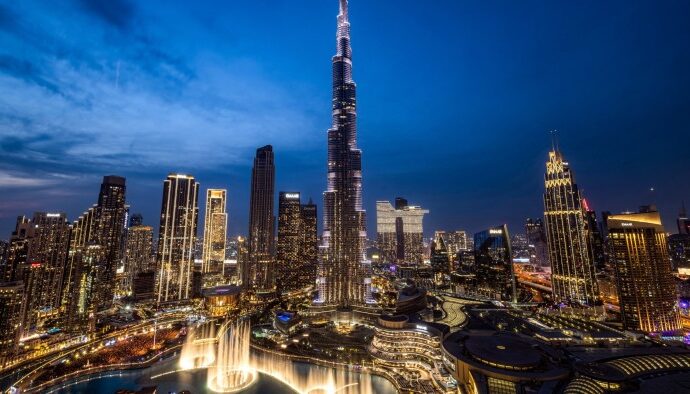Unlock the Editor’s Digest for free
Roula Khalaf, Editor of the FT, selects her favourite stories in this weekly newsletter.
Singapore’s election outcome this week is set to provide a rare moment of relative certainty for its citizens, as Donald Trump’s trade war changes the world on which the country has built its wealth since independence 60 years ago.
Barring an almost unthinkable upset, Prime Minister Lawrence Wong will extend the dominance of his People’s Action party with its 16th consecutive victory on Saturday, making it one of the most entrenched political forces in the world.
But much else is in flux for the city-state of 6mn. An era of unbroken globalisation — which helped raise Singapore’s GDP from about $12bn in 1980 to more than $500bn — is under threat from Trump’s tariffs and tensions between the US and China, two of Singapore’s most important trade partners.
“We are witnessing profound changes in the world. It is becoming more uncertain, unsettled and even unstable,” Wong said in a Facebook post this month as he called the election. “The global conditions that enabled Singapore’s success over the past decades may no longer hold.”
The election is also the first since Lee Hsien Loong, a member of Singapore’s most influential political family, stepped down as prime minister last year after almost two decades, giving way to Wong.
Lee, the son of the country’s founding leader Lee Kuan Yew, retains an influential role as an advising senior minister.

“For Wong, the challenge will be to ensure he has a clear plan to take the country forward,” said Teo Kay Key, a research fellow at the Lee Kuan Yew School of Public Policy. Wong “will have to chart out his own path”, Teo added.
Singaporean voters are being squeezed by rising living costs and surging property prices, problems set to worsen under a global trade war that would cut economic growth and push up inflation.
Inflation has risen sharply in Singapore following the Covid-19 pandemic as supply problems, increased immigration and domestic consumption tax rises hit the prices of goods ranging from groceries and utilities to housing and cars.
“The PAP is particularly vulnerable on the cost of living because everything is super expensive right now,” said Joshua Kurlantzick at the Council on Foreign Relations.
“Voters have always been sold on the idea that Singapore is a place where no matter what you do — a hawker vendor or whatever — you are still going to be able to get somewhere to live that you own.”
Wong, who is still serving simultaneously as finance minister, put forward a budget in February packed with cash handouts including S$800 (US$612) household vouchers, with additional assistance for utility bills for those living in social housing and credits for children and young adults.
At the time, he warned of reverberations from rising tensions between the US and China.

While Singapore faces US tariffs of just 10 per cent — among the lowest in the Asia-Pacific, thanks to its low level of exports — politicians have warned its role as an international financial and commercial hub makes it vulnerable to global trade disruptions.
Singapore has already downgraded its GDP growth forecast for the year from a range of 1-3 per cent to 0-2 per cent since Trump’s tariffs were unveiled, with some economists warning of a possible recession. Last year, the economy grew 4.4 per cent.
“Whatever he ends up doing, Trump is going to have a negative impact on Singapore’s economy,” said Kurlantzick.
The tumultuous geopolitical environment could provide a boon for the PAP, however. “In volatile times, people value stability and experience,” said Chi Wei Teo, head of YouGov in Singapore.
The PAP could make “a strong play on stability, trying to keep people calm and trying to project confidence, especially highlighting their experience in difficult times such as during Covid”, he said.
The ruling party’s vote share fell to 61 per cent in 2020, close to its record low since independence. As recently as 2006, the PAP had attracted 75 per cent of votes.
The opposition, led by the leftwing Workers’ party, has been gaining ground, picking up 10 of the 95 seats contested at the last election in 2020 to the PAP’s 83.
Workers’ party leader Pritam Singh was found guilty on two charges of lying to parliament this year, but this did not bar him from standing in the election. The party is contesting 26 seats, up from 21 in 2020.
The Workers’ party, which has in the past appealed to younger voters, has found growing support among traditional PAP backers who feel a stronger opposition would keep the ruling party on its toes.
“Citizens want more voices in parliament from opposition parties, asking questions and clarifying policies,” said Teo. “It’s not about overthrowing the government — Singaporeans prefer gradual change.”


